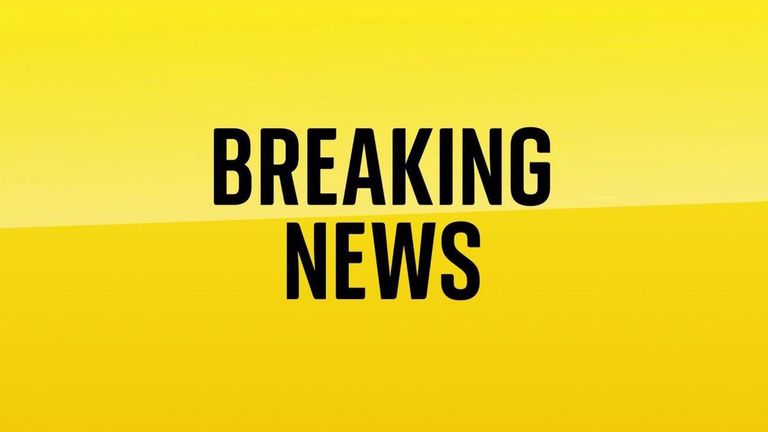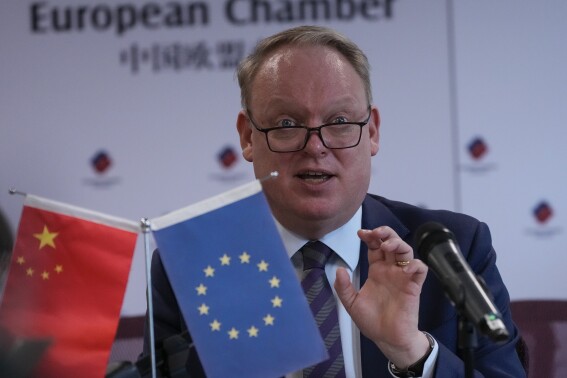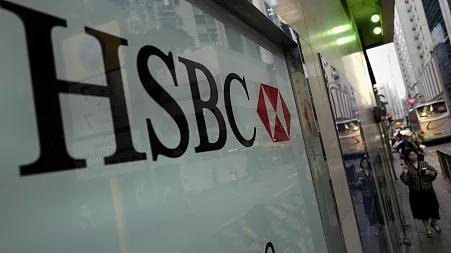The European Union is lowering its proposed tariffs on Tesla cars and other electric vehicles coming from China - the latest development in a long-running spat over import costs.
That's according to a source cited by Reuters and first reported by MLex.
Tesla's proposed tariff rate will drop from 9% to 7.8%, after the total had already been lowered from a suggested 20.8% last month.
BYD, meanwhile, will see no change to its 17% tariff.
Geely has been allocated a rate of 18.8%, down from 19.3%.
For SAIC and other companies not cooperating with the EU probe, meanwhile, a higher tariff of 35.3% will apply. That's a decrease on the previous rate of 36.3%.
These rates are on top of a standard 10% duty already imposed on Chinese auto imports.
If approved by EU member states, the levies will apply for five years from their adoption, meaning that European consumers could see the cost of Chinese EVs go up.
A rejection would require at least 15 countries to vote against the proposals, representing 65% of the bloc's population.
Related- Brussels edges closer to slapping definitive tariffs on Chinese electric vehicles
- EU cuts planned tariff on China-made Tesla vehicles: What does it mean for prices?
Last year, the European Commission launched a probe into Beijing's market practices.
It found that Chinese subsidies were allowing EV firms to keep their prices artificially low, harming European competitors - a claim that China has denied.
The Chinese Ministry of Commerce has argued that the conclusion is based on "facts unilaterally determined by the EU side, not on facts mutually agreed upon".
A number of states are nervous about retaliatory trade measures, although Beijing announced at the end of last month that it would not impose provisional tariffs on brandy imported from the EU.
That's despite the fact that a Chinese probe concluded it was being sold below market prices.
The EU is now lowering its proposed rates on EVs because of new information provided by companies.
A particularly favourable deal had already been offered to Tesla as the Commission determined that it does not benefit as much from state aid as its Chinese competitors.
Although Tesla is an American company, it is involved in the subsidy spat because of its Gigafactory in Shanghai.
If approved by member states, definitive tariffs are set to be effective from November.
Disclaimer: The copyright of this article belongs to the original author. Reposting this article is solely for the purpose of information dissemination and does not constitute any investment advice. If there is any infringement, please contact us immediately. We will make corrections or deletions as necessary. Thank you.



